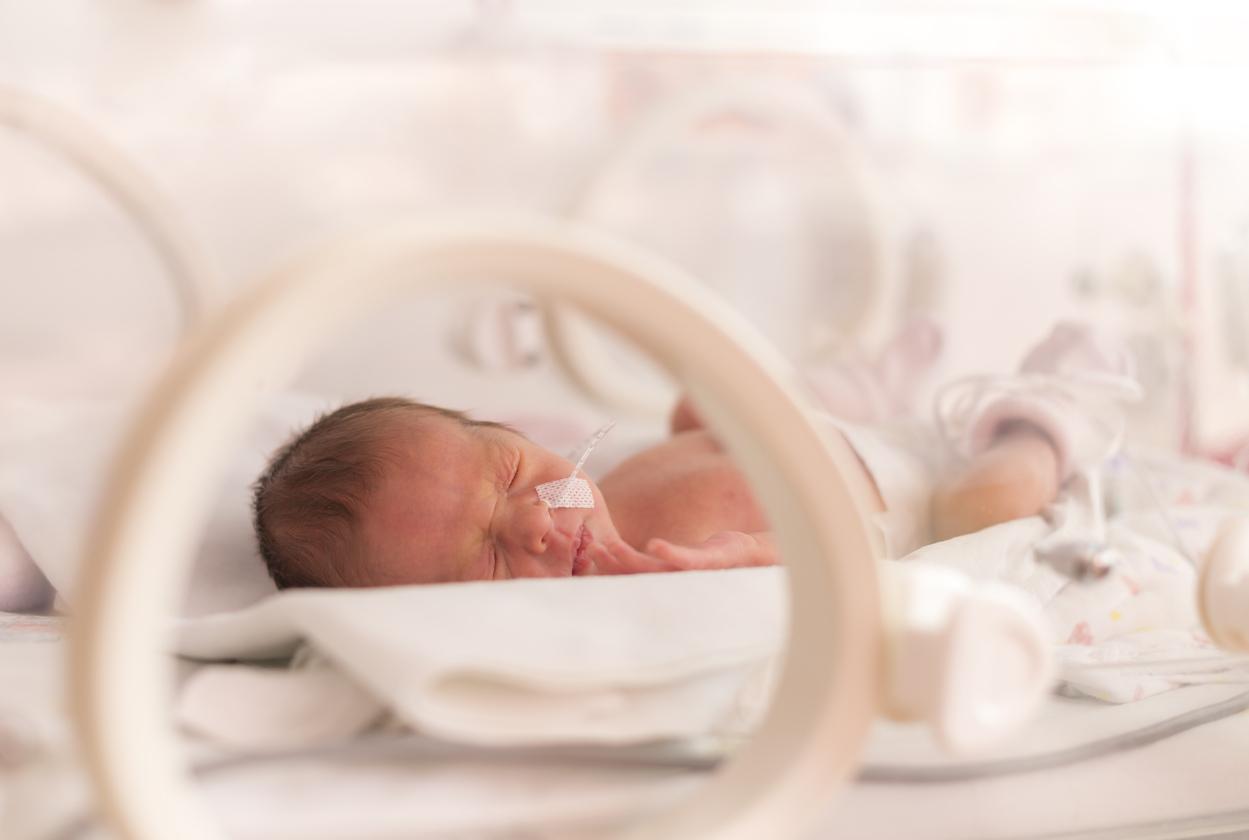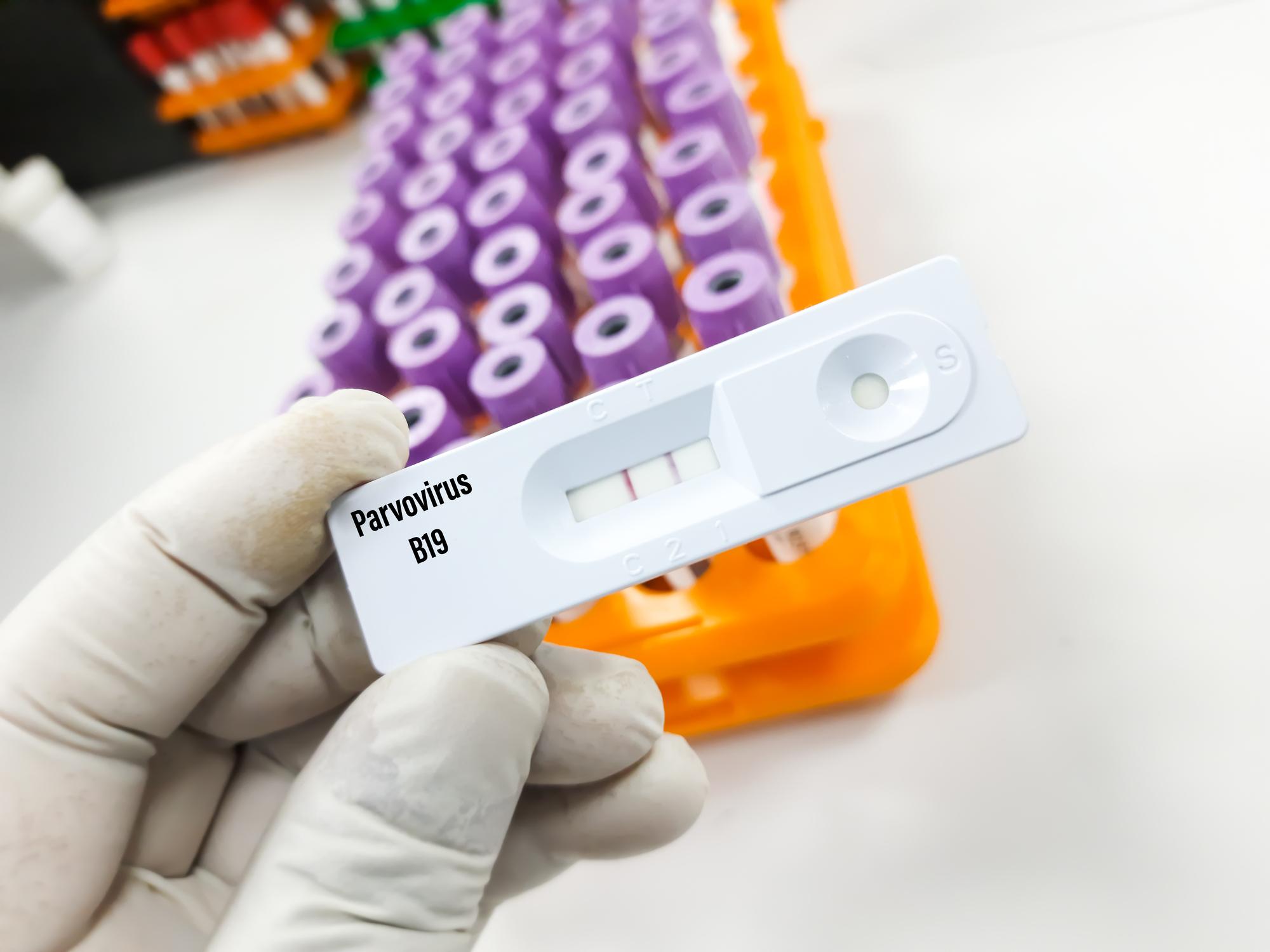A student infected with bacterial meningitis died, the thirteen contact cases began preventive treatment.

- A student at the Catholic University of Lille died following bacterial meningitis.
- Thirteen contact cases have started preventive treatment against this disease.
- About 1 in 10 people with bacterial meningitis die, according to the WHO.
A student at the Catholic University of Lille died following bacterial meningitis, according to a communicated from the Hauts-de-France Regional Health Agency (ARS), published this Friday, February 9.
One in ten people die from bacterial meningitis
This disease, especially when it is of bacterial origin, can be very dangerous for people who suffer from it. According to the World Health Organization (WHO)“about 1 in 10 people with this type of meningitis die and 1 in 5 have serious complications”.
It is for this reason that the ARS immediately looked for people who had been in close contact with the student over the last ten days, which correspond to the maximum duration of the incubation period. Thus, thirteen people began preventive treatment this Friday, February 9.
The ARS recalls that to be contaminated, contacts must be “narrow, close together and repeated” with the patient. “Sharing a drink or kissing each other, for example, does not pose a risk of transmission, specifies the press release. Closing or disinfecting premises [de l’Université] are useless. Students and staff can continue to attend the establishment as normal.”
Aftereffects in patients who survive bacterial meningitis
The most common symptoms of meningitis are neck stiffness, headache, confusion or altered mental status, fever, nausea, and vomiting. The bacteria responsible for meningitis can also infect the blood and lead to a septic state that is very dangerous for the patient.
According to the WHO, “one in five people surviving an episode of bacterial meningitis may have lasting after-effects”. These include vision, speech, language, memory and communication disorders, hearing loss, seizures, limb weakness. Sepsis can also lead to limb amputation.

















